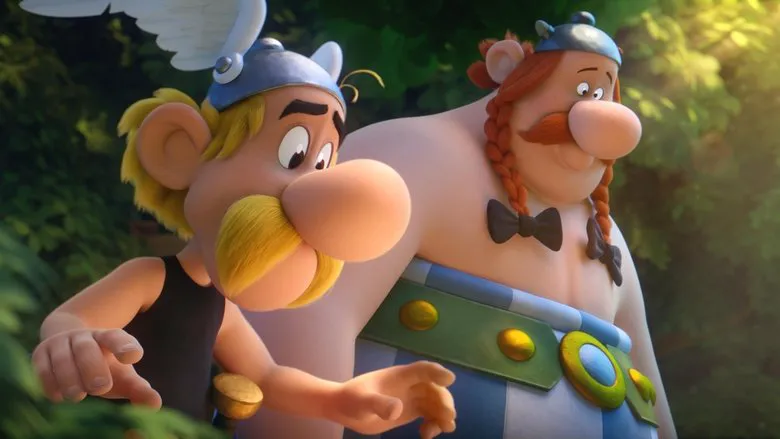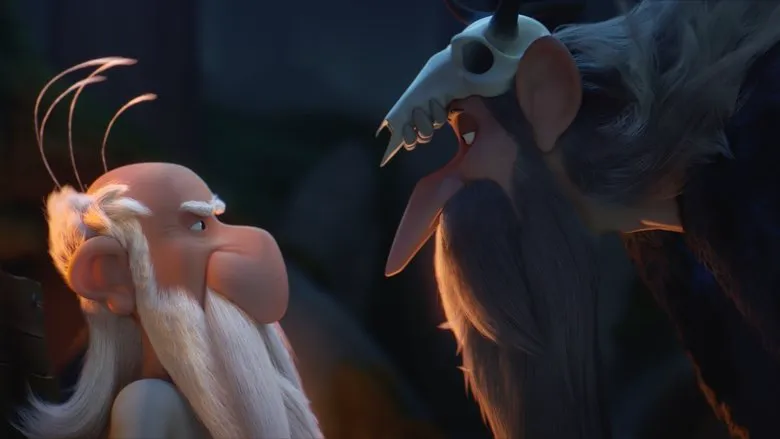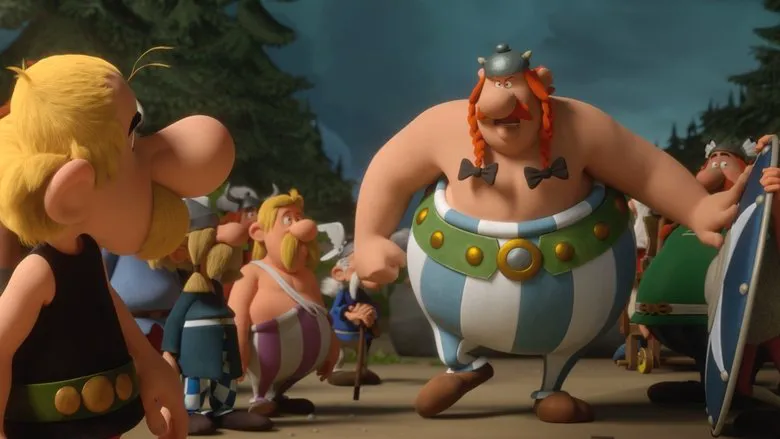
Fabrice Luchini: A French Cinema Icon
Fabrice Luchini, a prominent figure in French cinema and theater, was born on November 1, 1951, in Paris, to Italian immigrant parents. His early life saw him less inclined towards formal education; at 13, he apprenticed at a hair salon while independently pursuing cultural knowledge. He developed a keen interest in literature and jazz music, often hosting events in dance halls. His acting career began unexpectedly in 1969 when director Phillippe Labro spotted him in a grocery store, leading to his debut in the film Tout peut arriver. This experience motivated him to study drama. The 1990 film La discrète catapulted him to widespread fame.
Luchini is celebrated as a prolific actor, a gifted orator, and a renowned interpreter of classic literature. He’s often described as a unique and brilliant presence in the French arts. He has received seven nominations for the César Award, both for Best Supporting Actor and Best Actor.
Often compared to Molière, Luchini’s performances capture a similar essence of social critique and satire, going beyond mere comedic delivery. His portrayal of the status-obsessed M. Jourdain in the film Molière is a prime example, eliciting much laughter and acclaim.
Here are a few must-see films featuring Fabrice Luchini:
Must-See Fabrice Luchini Films
1. In the House (Dans la maison)

Synopsis: Adapted from the Spanish play “The Boy in the Last Row,” the film centers on Germain (Fabrice Luchini), a French literature teacher who asks his students to write about their weekend experiences. He discovers a particularly captivating piece by Claude (Ernst Umhauer), a quiet 16-year-old who sits in the back row. Claude’s writing details his infiltration into a friend’s home and his observations of their family life. Intrigued, Germain mentors Claude, reigniting his own passion for literature. He shares Claude’s work with his wife, Jeanne (Kristin Scott Thomas). However, the lines between fiction and reality blur as the adults become engrossed in Claude’s stories, unaware of the extent of his intrusion into their lives.
Review: In the House is a compelling film with elements of voyeurism, suspense, teacher-student dynamics, and forbidden desires. The ending is particularly surprising and thought-provoking.
2. Asterix and Obelix: God Save Britannia (Astérix et Obélix : Au service de sa Majesté)

Synopsis: The fourth installment in the popular Asterix and Obelix series follows the Gauls on another adventure. In 50 BC, Caesar, determined to conquer Britannia, invades the island. However, a small village continues to resist. Queen Cordelia sends her most trusted advisor, Jolitorax, to Gaul for help. Asterix and Obelix are tasked with delivering a barrel of magic potion to the Britons, accompanied by the village chief’s nephew, Goudurix, in an attempt to make a man out of him. As expected, things don’t go according to plan.
Review: This film is guaranteed to bring laughter. Director Laurent Tirard, known for his romantic comedies, brings a fresh perspective to the series, maintaining its signature humor while incorporating British-French historical rivalry. The cast is stellar, with Gérard Depardieu reprising his role and Catherine Deneuve as the Queen. Fabrice Luchini’s portrayal of Caesar adds a comedic twist to the typically serious character.
3. Molière

Synopsis: The film reimagines a period in the life of the famous French playwright Molière. After his theater company fails, a young Molière disappears for thirteen years. The film focuses on his relationship with Monsieur Jourdain, a wealthy bourgeois obsessed with theater. As Molière coaches Jourdain in the art of performance, he finds himself drawn to Jourdain’s wife, Elmire.
Review: Molière essentially brings Molière’s play Le Bourgeois Gentilhomme to the screen, with Molière himself becoming a character in the story. Fabrice Luchini shines as Monsieur Jourdain, the comical and foolish man desperate to climb the social ladder. One memorable scene involves M. Jourdain asking Molière for help in writing a love letter and another where Molière teaches him to imitate a horse.